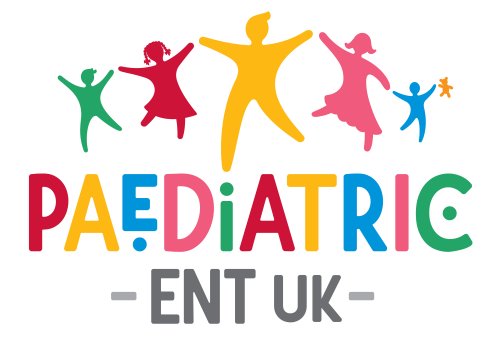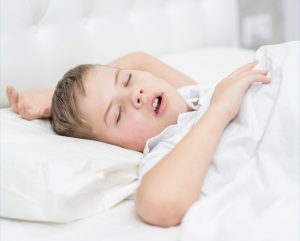Understanding Sleep Apnoea in Children: A Parent-Friendly Guide
As parents, we want the best for our children, and ensuring they get enough quality sleep is crucial for their overall health and development. One sleep-related condition that might affect children is sleep apnoea. While often associated with adults, sleep apnoea can also impact children, and it’s important for parents to recognize its signs, causes, and potential treatments.
What is Sleep Apnoea?
Sleep apnoea is a sleep disorder characterised by interruptions in breathing during sleep. These pauses in breathing can be brief or last for several seconds, and they can happen multiple times throughout the night. There are two main types of sleep apnoea: obstructive sleep apnoea (OSA) and central sleep apnoea. In children, obstructive sleep apnoea is more common.
Signs and Symptoms in Children
Identifying sleep apnoea in children can be challenging, as the symptoms may vary and can sometimes be mistaken for other issues. Common signs of sleep apnoea in children include:
- Loud Snoring: While snoring itself isn’t always a sign of sleep apnoea, persistent loud snoring, especially accompanied by pauses in breathing, can be a red flag.
- Pauses in Breathing: Parents might observe their child briefly stopping breathing during sleep, followed by gasping or choking sounds as they start breathing again.
- Restless Sleep: Children with sleep apnoea often toss and turn frequently during the night, which can result in poor-quality sleep.
- Daytime Sleepiness: If your child seems excessively tired during the day, struggles to stay awake, or has difficulty concentrating, it could be linked to disrupted sleep caused by sleep apnoea.
- Behavioural Issues: Sleep apnoea might lead to mood swings, irritability, and difficulties in school due to lack of proper rest.
Causes of Sleep Apnoea in Children
Several factors can contribute to the development of sleep apnoea in children:
- Enlarged Tonsils and Adenoids: The most common cause of sleep apnoea in children is enlarged tonsils and adenoids, which can obstruct the airway during sleep.
- Obesity: Excess weight can put pressure on the airway, increasing the risk of obstruction.
- Nasal Congestion: Chronic nasal congestion or allergies can make breathing more difficult during sleep.
- Genetics: Family history of sleep apnoea might increase a child’s risk of developing the condition.
- Certain Medical Conditions: Children with certain medical conditions, such as Down syndrome or craniofacial abnormalities, might be more prone to sleep apnoea.
Treatment Options
If you suspect your child might have sleep apnoea, it’s important to consult a healthcare professional. They might recommend the following treatment options:
- Tonsillectomy and Adenoidectomy: If enlarged tonsils and adenoids are causing the sleep apnoea, surgical removal might be suggested. Tonsillectomy and adenoidectomy are very safe and effective procedures in children (please link to tonsillectomy page).
- Weight Management: If obesity is a contributing factor, focusing on a healthy diet and exercise can be beneficial.
- Continuous Positive Airway Pressure (CPAP): In some cases, children might need to use a CPAP machine, which delivers a constant stream of air to keep the airway open during sleep.
- Behavioural Interventions: Encouraging good sleep hygiene practices and addressing any underlying behavioural issues can also improve sleep quality.
Conclusion
Sleep apnoea is a sleep disorder that can affect children, potentially impacting their overall health and well-being. By recognizing the signs, understanding the causes, and seeking appropriate medical guidance, parents can play a crucial role in helping their children get the restful sleep they need for optimal growth and development.
If you suspect your child might have sleep apnoea, don’t hesitate to make an appointment in our ENT clinic Surrey (Nuffield Guildford Hospital) or ENT clinic in London (Spire St. Anthony’s Hospital).
Mr Kiran Varad
Children’s ENT Surgeon Guildford
Children’s ENT Surgeon Surrey
Children’s ENT Surgeon London

